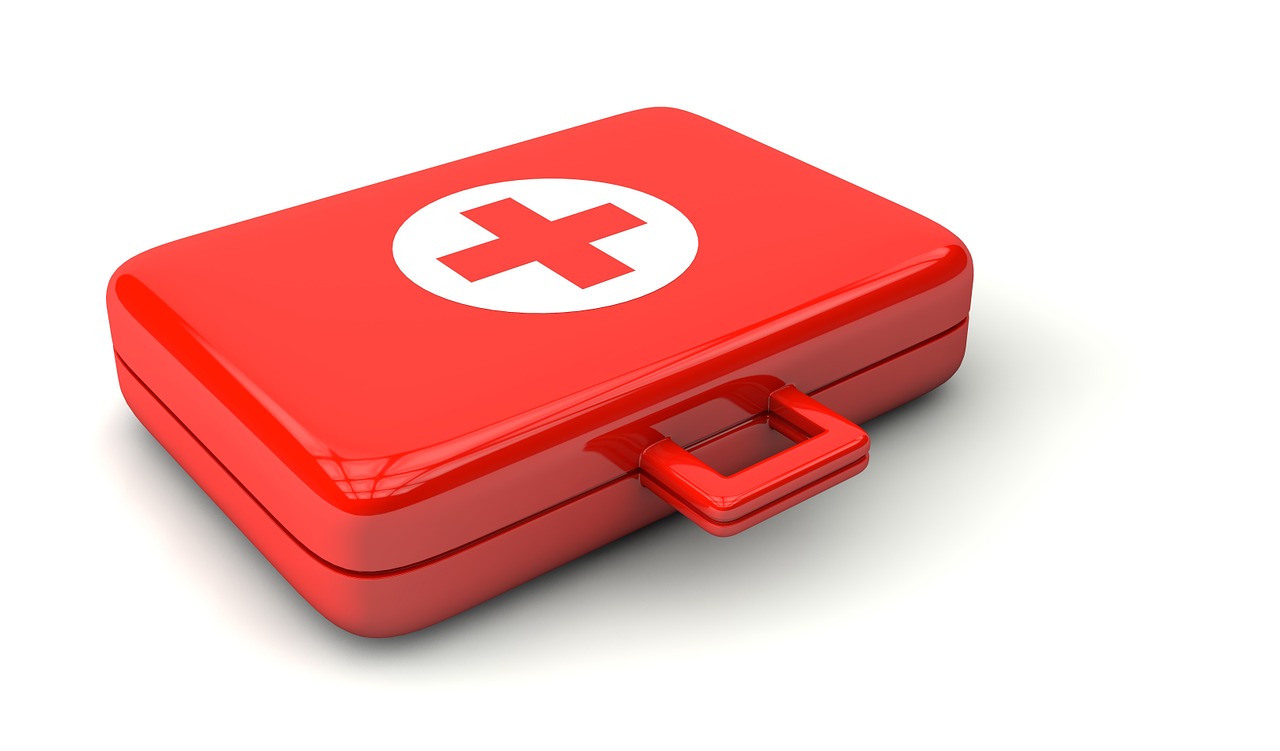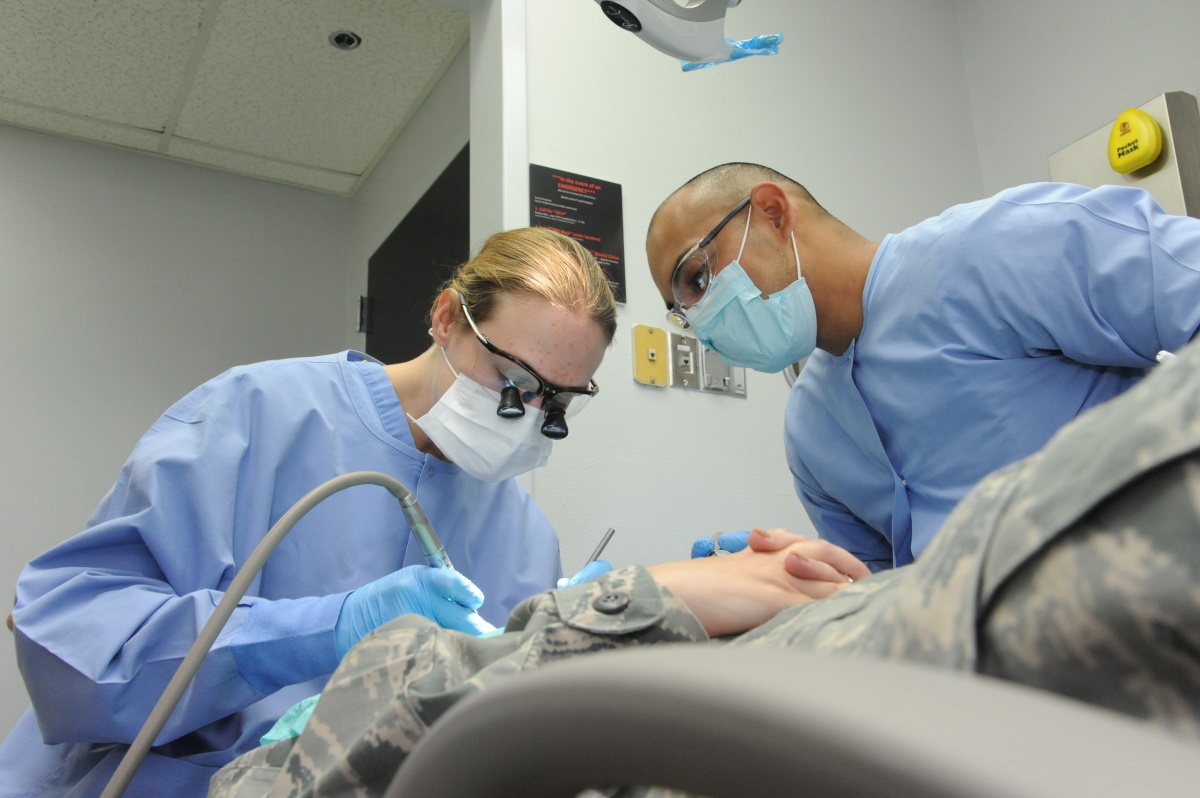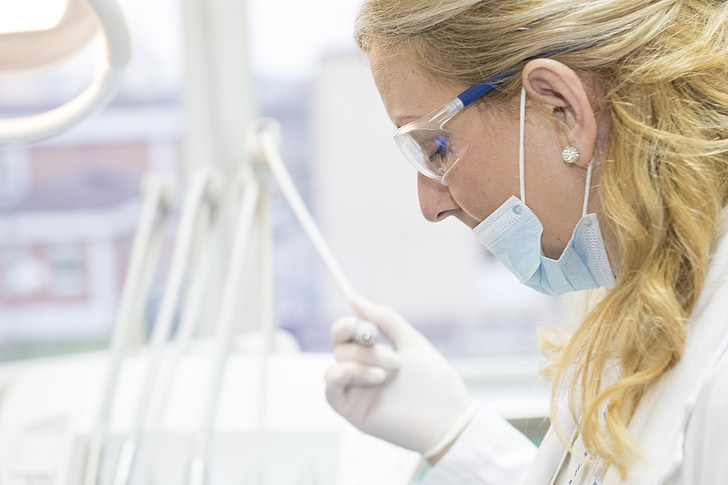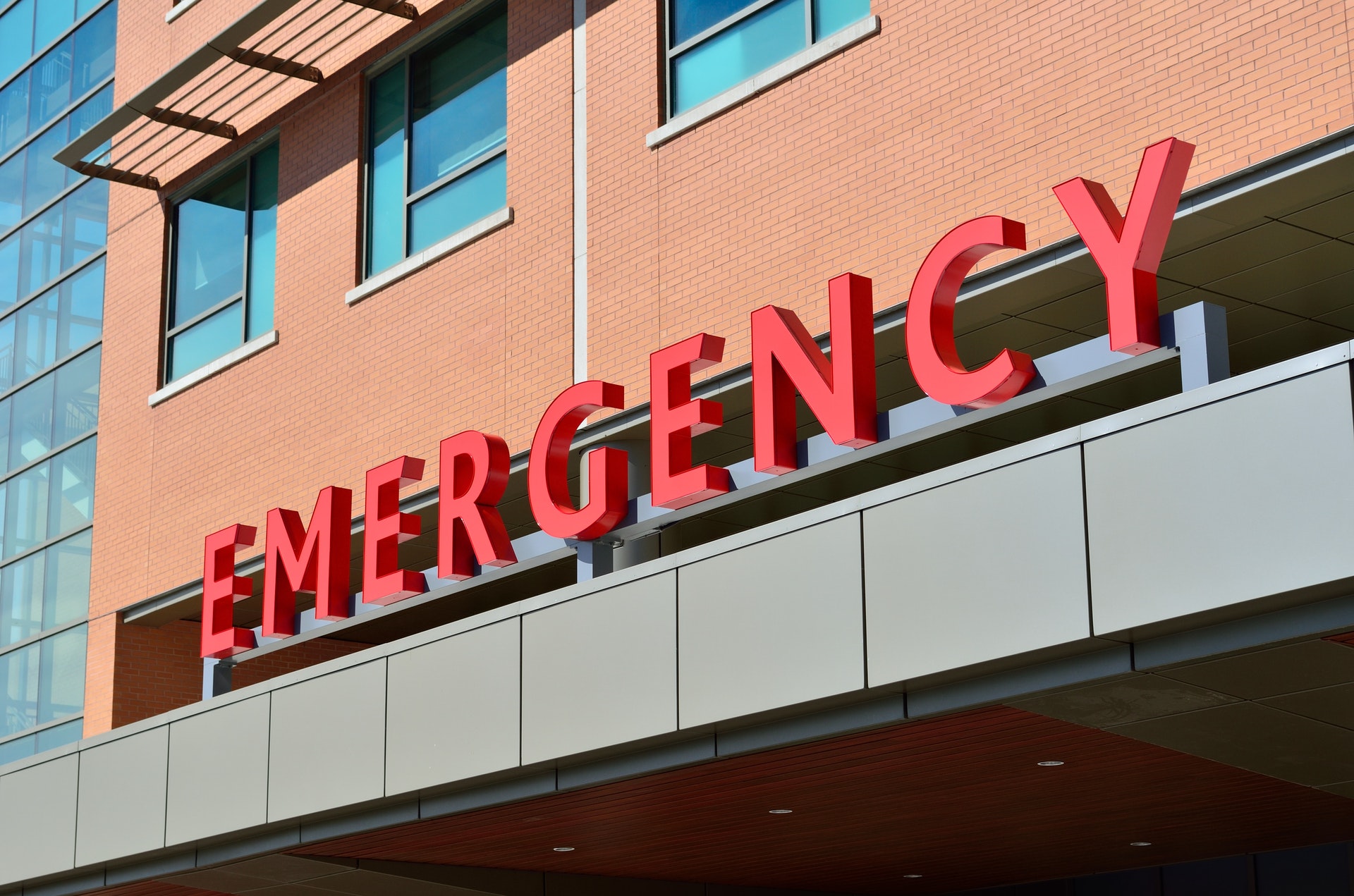As of right now, most U.S. states have suspended elective procedures in dental practices. But this leaves the question: What about dental emergencies? Where should you go, and what should you do, if you have one? (And what counts as a dental emergency, anyway?)
While many are turning to their local hospital emergency rooms (ERs), this is not a good idea unless absolutely necessary. For one thing, it greatly increases risk of exposure to COVID-19 (coronavirus). But beyond that, most ERs just are not set up to handle dental emergencies—and even if they were, most are already being overwhelmed with other cases.
This article details exactly what you should do if you find yourself facing a dental emergency during a stay-at-home order or quarantine for the coronavirus.

What to Do if You Have a Dental Emergency and are Under Quarantine
If you are experiencing a dental emergency, the Dental Health Society suggests these steps:
- Contact your local dentist’s office to see if they are still open. They might be taking emergency cases and can schedule an appointment.
- If your usual dentist is not open at all, you might be able to find one with our dentist finder tool.
- Avoid hospital emergency rooms, if you can.
- If you feel you need a consultation with a dentist over the phone or internet, we will soon be providing a number you can call, so check back soon.
There are also some specific things you can do at home until you are able to see an emergency dentist:
- Knocked-out permanent tooth. Clean the tooth gently with warm water. Do not remove any attached tissue. If you can place it gently back in your mouth, do so. If you cannot, put it in milk until a dentist can see you. (More details cane be found on the Mayo clinic page for tooth loss.)
- Chipped or broken tooth. Save any pieces of tooth you can find. Rinse your mouth with warm water. You can put a cold compress on your face near the tooth to help with pain and swelling.
- Lost filling. For now, take a small piece of sugarless gum (must be sugarless), soften it with your fingers, and place it in the hole.
- Lost crown. Try to locate the crown if you can. Try attaching it back on the tooth using a little toothpaste or denture glue. If you cannot find the crown, cover the area with some rolled-up gauze.
- Toothaches or other dental pain. Rinse your mouth gently with warm water. If you feel any foreign object in your mouth, try using dental floss or a dental toothpick to gently work it out; sometimes removing a stray bit of food or chip of tooth can relieve the pain. If there is not a foreign object, you can use a cold compress on your face and/or take over-the-counter pain medication. Do NOT put aspirin directly on your gums or mouth.
Keep in mind that local dentists who stay open for emergencies are taking additional precautions to prevent the spread of coronavirus. For example, they are using disinfectant more often (which has been proven effective against coronavirus). They are staggering work schedules to minimize the number of people in a building at one time. They are adhering to guidelines set forth by the CDC for things like appointments and mask use. If and when you visit, you might be asked to go through additional procedures to reduce exposure to everyone.
Are Dental Emergencies Really Health Emergencies?
Yes, dental emergencies really are health emergencies! They can involve excess pain, blood loss, and the potential for infection. These things are not somehow “less real” just because they happen in your mouth.
That said, most hospital ERs are not set up to handle dental emergencies. Showing up to an ER with your dental emergency will only put a drain on resources needed to help other patients, including those with COVID-19.
Allowing a dental emergency to go untreated can create even bigger problems down the road. For example, a knocked-out or fractured tooth, or a severe cut in the mouth, can lead to infection. A swollen jaw could indicate a fracture that needs to be set correctly in order to heal right. A lost crown can let in foreign debris that leads to further decay and possible infection. These situations need to be addressed sooner rather than later.
What is Considered “Emergency Dental Treatment”?

In general, dental emergencies would include things like one or more of the following:
- Trauma to teeth, mouth, or jaw from an accident
- Active infections that require extraction or similar procedures
- Fractured tooth repair
- Crowns
- Complications with orthodontics that require immediate attention, or are causing pain
- Moderate-to-severe bleeding in the mouth
Things that are not emergencies include some fillings, chipped teeth (without fracture), and any cosmetic or elective procedures.
Naturally, what is considered a true “emergency” will depend on the specific situation. If you are experiencing intense pain, for example, that may count as an emergency even if you do not technically fall into one of the above situations.
Dentists Play a Vital Role During Quarantine

Remember that dentists are professionally trained healthcare providers, too. Those dental offices that are staying open during quarantine to provide emergency services are doing so for good reasons.
First, they are providing a vital service for the people in their communities. As stated above, dental emergencies tend to get worse if not addressed quickly. Just as an ER will still put a cast on you if you break a leg, dental offices will still see these emergency patients, even under quarantine.
Second, these dentists are ensuring that hospitals and clinics are not more overwhelmed than they already are. By seeing patients with emergency dental needs, they are relieving the strain on ERs that need every available bed and healthcare worker for COVID-19 patients. (Which also means that visiting the ER with a dental emergency is not letting your local dentist do his or her job!)
We here at the Dental Health Society salute the medical professionals on the front line of this pandemic, including dentists and other dental health professionals. Let’s help them do their job. Contact a local dental office with your dental health emergency, and follow their specific guidelines when you visit.


